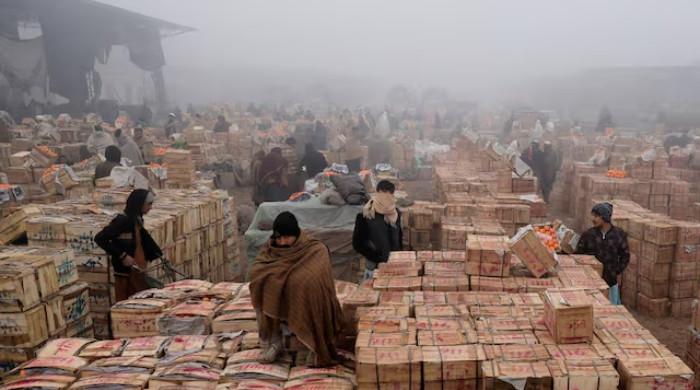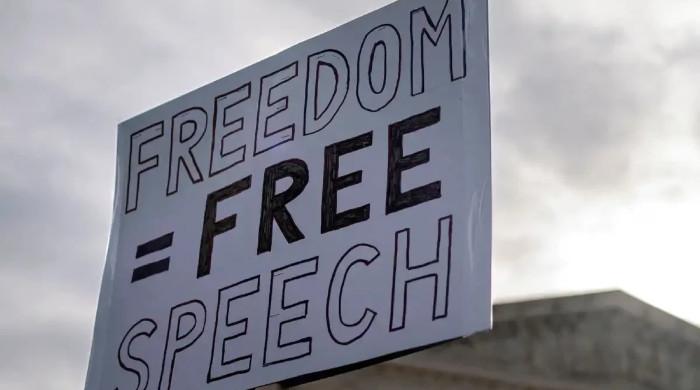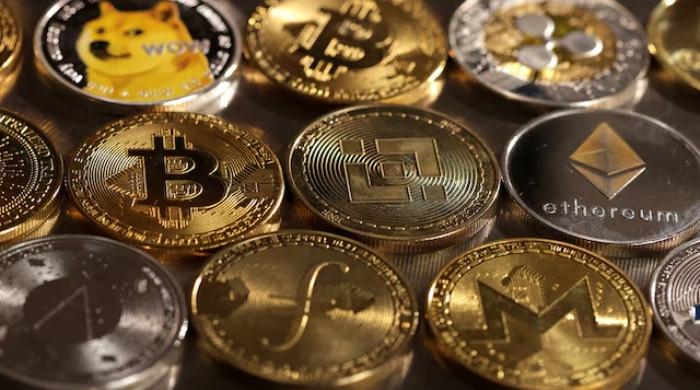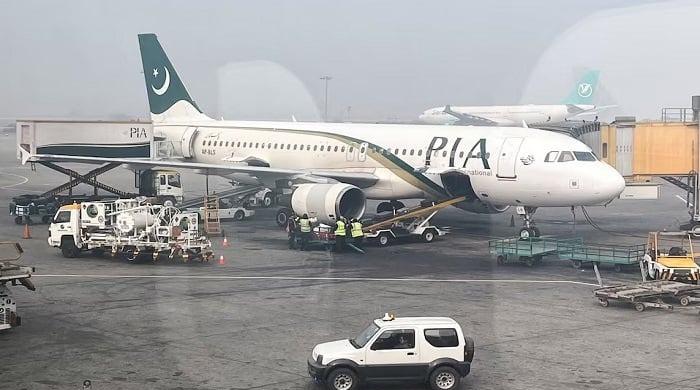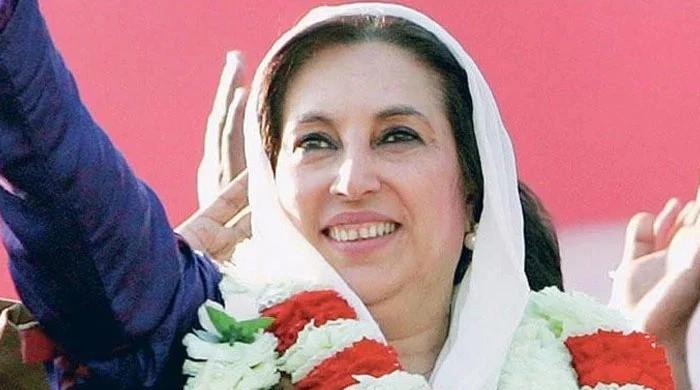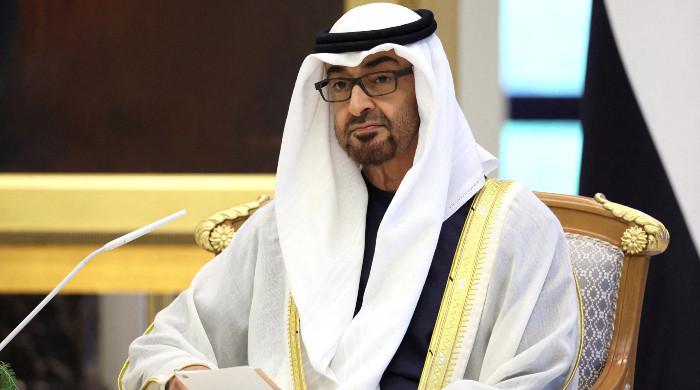India's 'no' to Pakistan not 'sportsmanship'
Sports, positive politics have power to unite people, but under Modi's leadership, India is moving in different direction
January 20, 2025
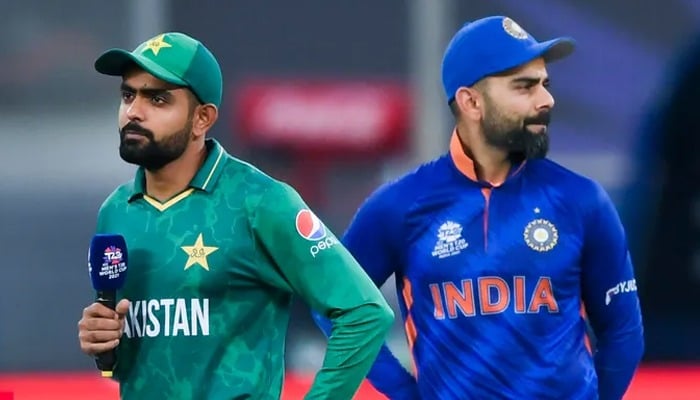
Sports, dance, and music have nothing to do with national or international politics, and one must keep sports away from politics. Such sentiments were expressed by none other than Bharatiya Janata Party’s (BJP) top political mind, former prime minister Atal Bihari Vajpayee, in 1998, after hardliner Bal Thackeray-led Shiv Sena, a right-wing Hindutva-based political party, threatened to prevent the Pakistan team from visiting India. They even damaged the 'pitch,' of the cricket venue but Vajpayee welcomed the bold initiative taken by the then prime minister Nawaz Sharif for sending the team as per schedule. Even Sharif’s arch-political rival in the country, cricketer-turned-politician Imran Khan, sang praises of the decision.
Time has changed, and so has politics. Over time, the most popular sports, like cricket, have become 'hostage' to the hardline political narrative of Indian Prime Minister Narendra Modi. His approach to sports or sportsmanship is far different from that of his predecessors, though the same party had leaders like Vajpayee. Even someone like BJP’s top leader Lal Krishna Advani welcomed Pakistan’s decision.
Today, India has completely politicised even non-political ventures like sports, music, and cultural exchanges. Cricket, being the most popular sport in both India and Pakistan and with over a billion people on both sides loving to see the two teams play each other on their soil, has become hostage to a 'negative narrative'. As a result, India has refused to send its team to Pakistan, even for the Champions Trophy, and it’s also uncertain whether its captain, Rohit Sharma, will be allowed to visit Lahore for a group photo with the captains of all the participating teams — something totally against the spirit of the game.
Interestingly, the two teams and players still maintain cordial relationships, and they are generally disappointed, believing that if the teams can play on 'neutral grounds,' why not in front of their own people?
The 1999 tour was one of the most successful, both from a cricketing perspective and from the spectators' point of view, besides, of course, generating massive revenue.
Although the full tour took place after 11 years, the Pakistan team visited India in 1997 for its golden jubilee celebrations. In return, India visited Pakistan for three one-day internationals.
In 2018, former prime minister Imran Khan invited legendary Indian cricketers Sunil Gavaskar, Kapil Dev, and cricketer-turned-media celebrity Navjot Singh Sidhu to his inaugural ceremony. While only Sidhu attended the function, the two others, due to their pre-commitments, couldn’t, but extended felicitations to Khan on becoming the premier. The Indian cricket team also sent ‘signed’ cricket bats as a message of goodwill.
Those were the days when political sanity prevailed, despite tensions, allegations, and counter-allegations.
But it never impacted the tours of their cricket and hockey teams, and even Kabaddi teams visited both countries. Also, people-to-people contacts were restored, alongside visits from poets, artists, intellectuals, and even Track-II diplomacy on the political front.
So, what really went wrong? Well, 'sports merged with politics,' particularly cricket. Sadly, India's hardline approach is not confined to just sports, but also to all such ties that unite the people and bring some form of sanity to over a billion people in both countries.
Once, Pakistan and India were co-hosts for the 1987 World Cup, and today, India has refused to play in Pakistan, even for the ICC’s Champions Trophy, without citing any reason. It is unfortunate, as never in the past have Indian cricketers faced any threat, and their previous tours went off without any issues.
BJP under PM Modi, who is enjoying a second term, has intertwined ‘cricketing ties’ with politics, though neither the Indian Cricket Board nor players themselves have ever expressed reservations. The two cricket boards, as well as players, have a cordial relationship.
In the last few months, we have witnessed how the Indian government prevented its team from visiting Pakistan for the Champions Trophy, scheduled to kick off next month. However, they agreed to play on neutral ground —Dubai— and the match of the tournament will be played on February 23rd.
If Indian media reports are correct, India has also refused to send its captain, Rohit Sharma, for a brief visit to Lahore for a ‘group photo’ of the captains of all the participating teams. This kind of ‘negative approach,’ one can least say, is not only damaging for sports in general but also for a high-profile tournament organised by the ICC in particular. A million-dollar question is, will the ICC remain a silent spectator? It also means Pakistan will not be visiting India for next year’s World Cup, and the two sides will again play on neutral ground.
Pakistan will also not tour India for next year’s World Cup, and the same neutral venue formula will be applied even then. Unfortunately, the ICC’s own approach is questionable, as it has actually taken away the spirit behind the sport. They should have taken a position, as this was not a bilateral series.
Well-known Indian journalist and author, Saba Naqvi, in her latest book, The Saffron Storm: From Vajpayee to Modi, has traced the history of India’s most popular, as well as most controversial, party, BJP, and its changing political scenario since hardline Modi. Her in-depth study also reveals how politics impacts the Indian media.
“The BJP’s saffron storm is, therefore, not just about ideological orientation: it is also about the ruthless application of power to deny critics and opponents an equal fighting ground. The storm is built on money power and implemented through police power, while the reshaping of the national consciousness is aided by a highly communalised media.”
Relations between the two ‘hostile neighbours’ remained tense over the last seven decades but never reached this extent under prime minister Modi. The unfortunate part is that under his government, there is zero chance of improvement in the two countries’ relationship. Even sports, music, theatre, culture, and the exchange of visits by a cross-section of society have become ‘hostage’ to an anti-people narrative. People in both countries love to see them playing against each other on their respective soils.
Sports bring people closer, and so does a positive political approach, as after all, it’s the people who matter, and democracy is all about the 'will of the people.' But sadly, it’s the other way around in present-day India under Modi jee.
The writer is an analyst and columnist for GEO, The News, and Jang.
X: @MazharAbbasGEO
Disclaimer: The viewpoints expressed in this piece are the writer's own and don't necessarily reflect Geo.tv's editorial policy.




